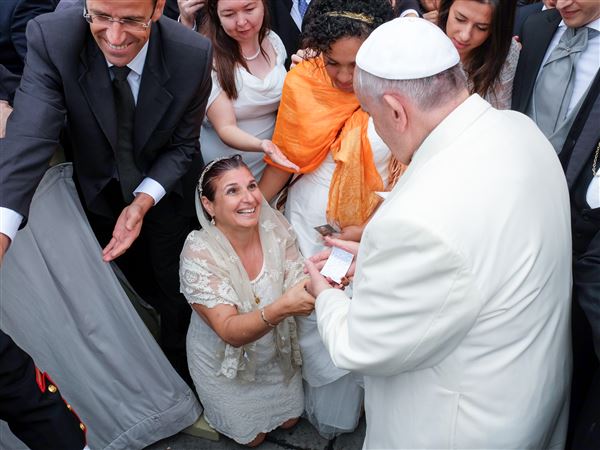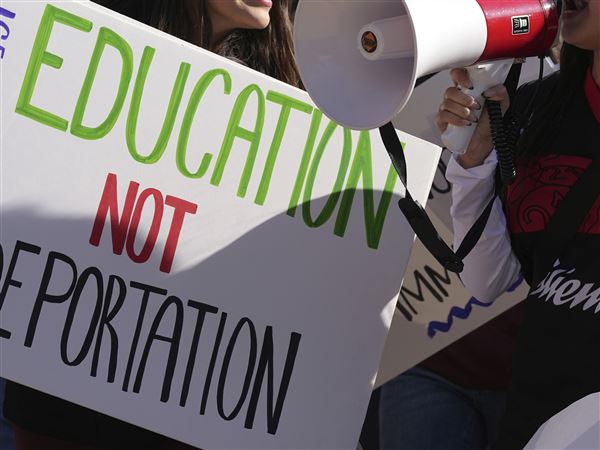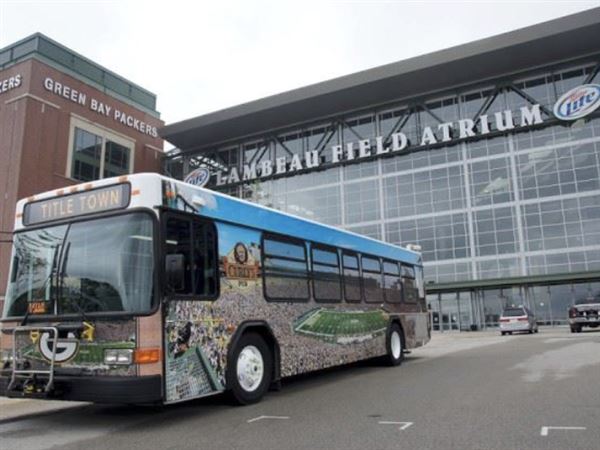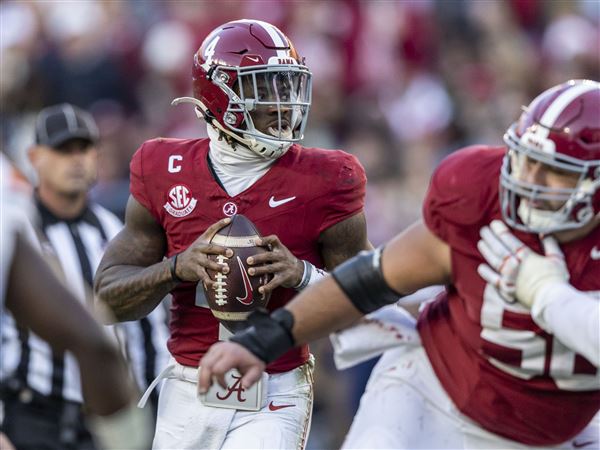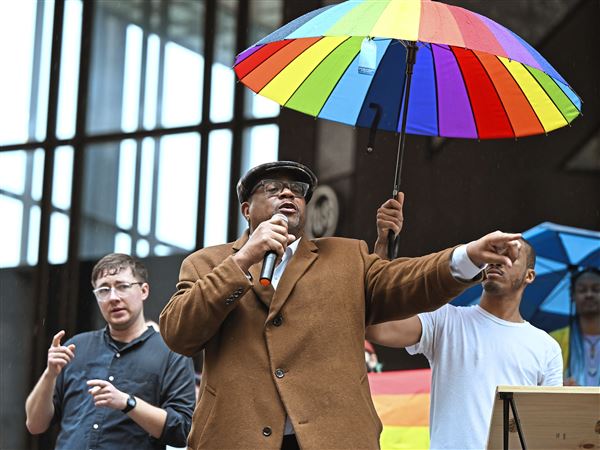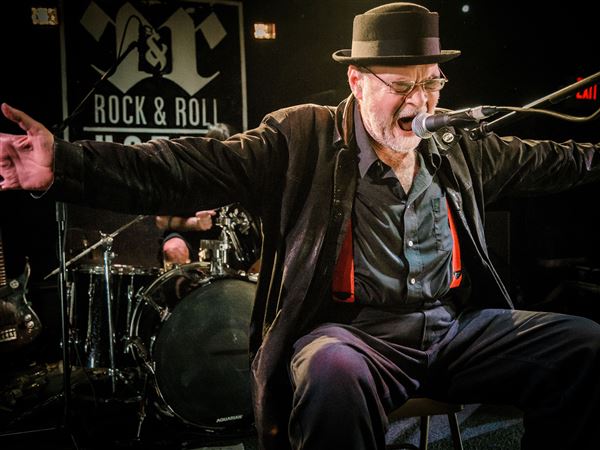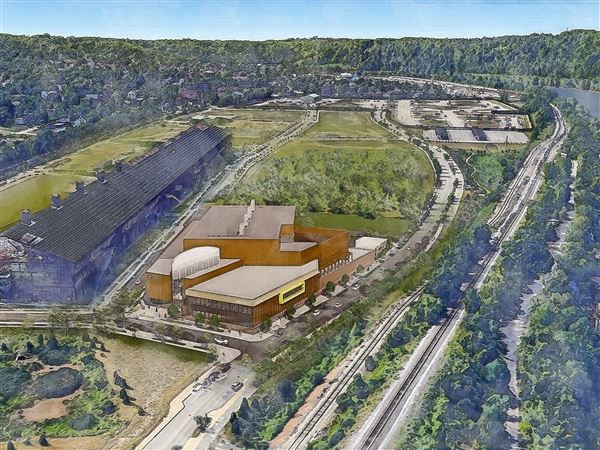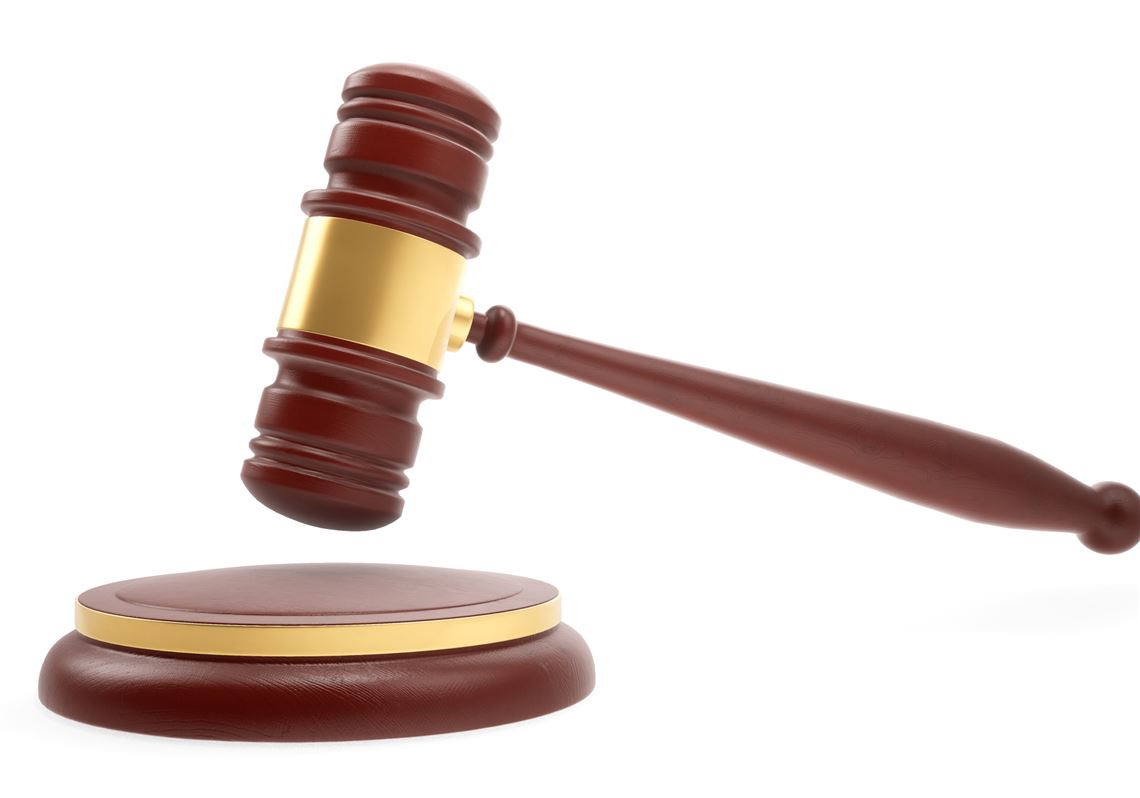The state Supreme Court has finally explained its decision last week to delay the release of a grand jury’s report on the sexual abuse of children in six Catholic dioceses. In part, the court wants to give the law establishing grand juries the once-over.
It wants to review criticism the grand jury included about an unknown number of individuals, determine whether they had ample opportunity to defend themselves and, if it concludes their due-process rights were violated, presumably rule on whether those folks should be kept out of a report that’s now hundreds of pages long.
The court gave no timetable for vetting the report, and Supreme Court justices aren’t known for burning the midnight oil, so anguished victims who have long waited to tell their stories will just have to keep biding their time.
The court didn’t even promise to release what’s left of the report when it’s completed any slicing and dicing it deems necessary. This isn’t the kind of ruling that boosts public trust in the judiciary. But it is precisely the kind of ruling that emasculates grand juries.
The 40th Statewide Investigating Grand Jury spent about 22 months probing reports of child sexual abuse by priests in the Pittsburgh, Greensburg, Allentown, Erie, Harrisburg and Scranton dioceses. Earlier this month, as the report was about to be released, an unknown number of people filed secret motions with Cambria County President Judge Norman A. Krumenacker III and asked to give testimony to the grand jury in the hope of talking the panel out of criticizing them.
We still don’t know who they are. They could be priests. They might be church officials and civil authorities whom the grand jury believes should have done more to investigate reports of abuse going back decades. Grand juries can criticize even if they don’t indict, and the petitioners fear for their reputations.
Yet Judge Krumenacker, who supervised the grand jury, ruled against them, saying a person criticized in the report had the opportunity under state law to provide a written rebuttal. Neither in state statutes nor case law, he said, did he find support for the notion that anyone had a right to demand an audience with the grand jury. He noted that the question had come up in previous cases but without any change in the grand jury law.
But do the criticized individuals deserve more than the law allows? At least some of these parties appealed to the Supreme Court, which decided to bar release of the report while it reviews their claims. Its order withholding the report came last week, and the court issued an opinion Monday explaining its decision.
The Supreme Court’s caution might be warranted if the grand jury, made up of citizens, operated without oversight. However, as the Supreme Court noted, state law requires the supervising judge to accept a report only if he believes it reflects the evidence the grand jury received. Judge Krumenacker has given the report his approval, and he’s operated within the confines of the grand jury law. There’s no need for the Supreme Court to second-guess the grand jury and Judge Krumenacker, to do it under the veil of grand jury secrecy or to do it without a deadline.
Joe Grace, spokesman for state Attorney General Josh Shapiro, said those who sought the Supreme Court’s intervention are trying “to permanently suppress the voices of victims of widespread sexual abuse within the Catholic Church.” To be sure, the Supreme Court does not normally interfere with grand juries in this way, and its action sets a bad precedent. If the court monkeys with the report, the public will be right to wonder whether the full story of child sex abuse in the six dioceses ever will be told.
First Published: June 26, 2018, 4:00 a.m.
